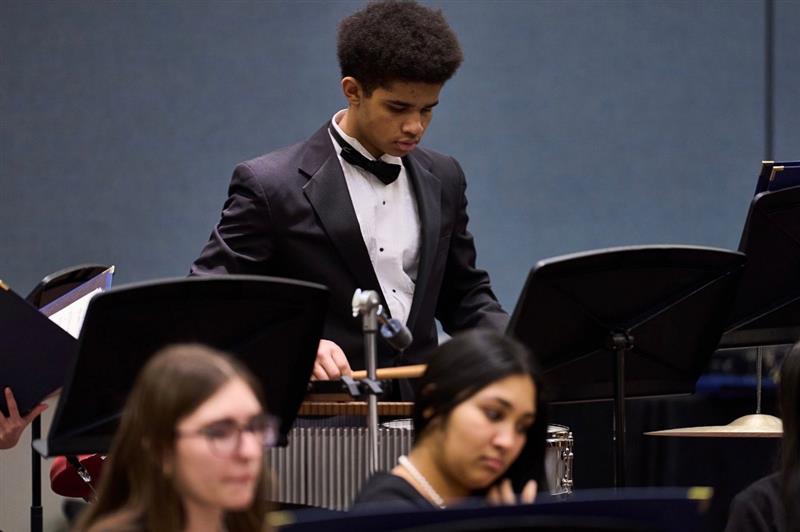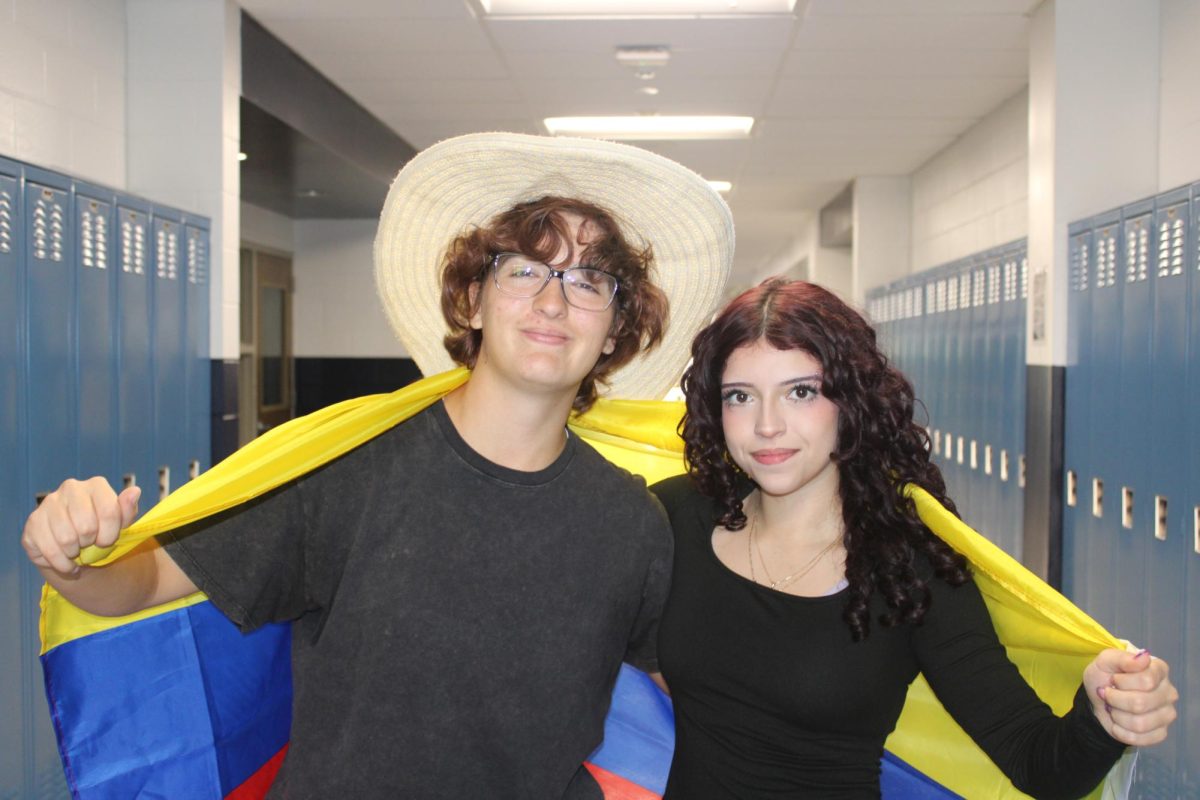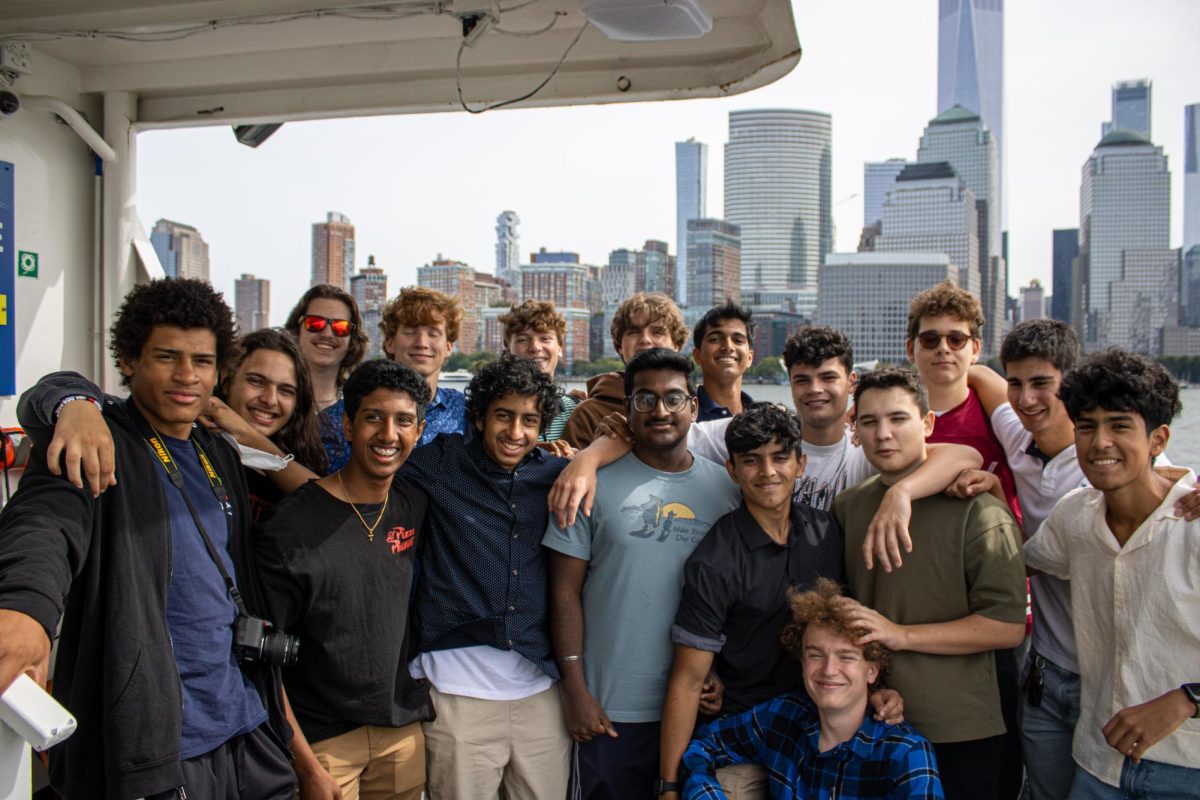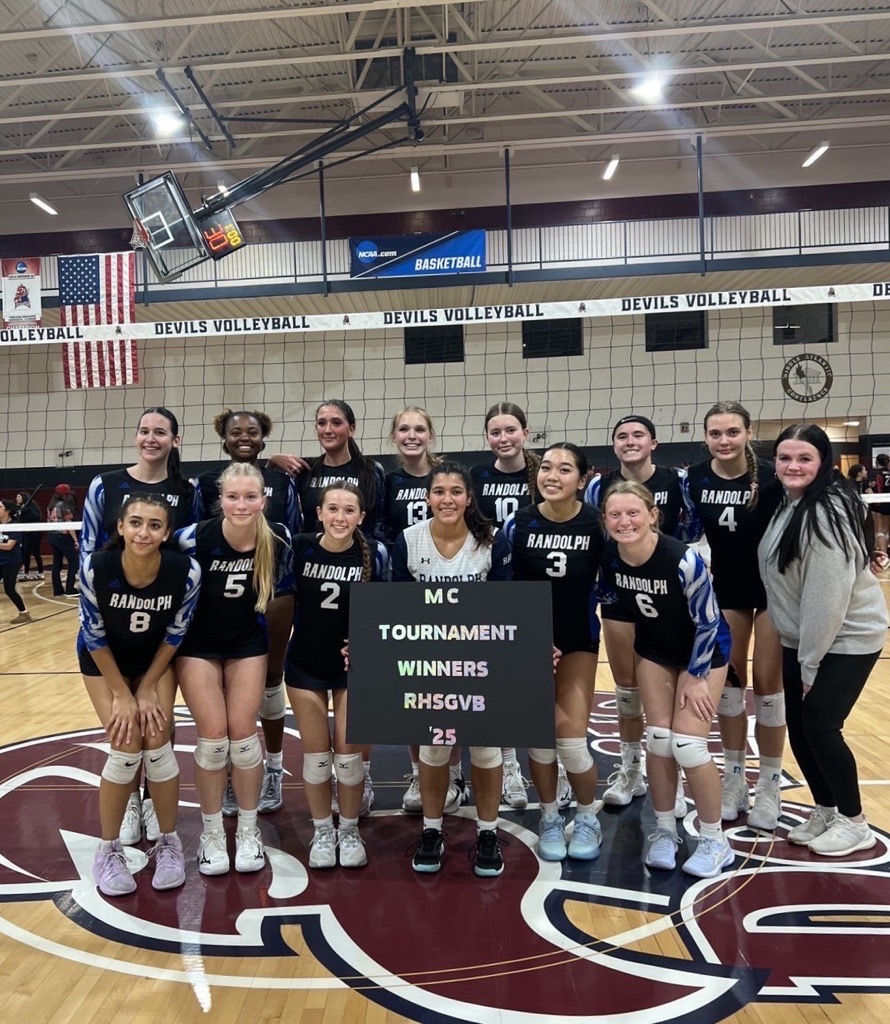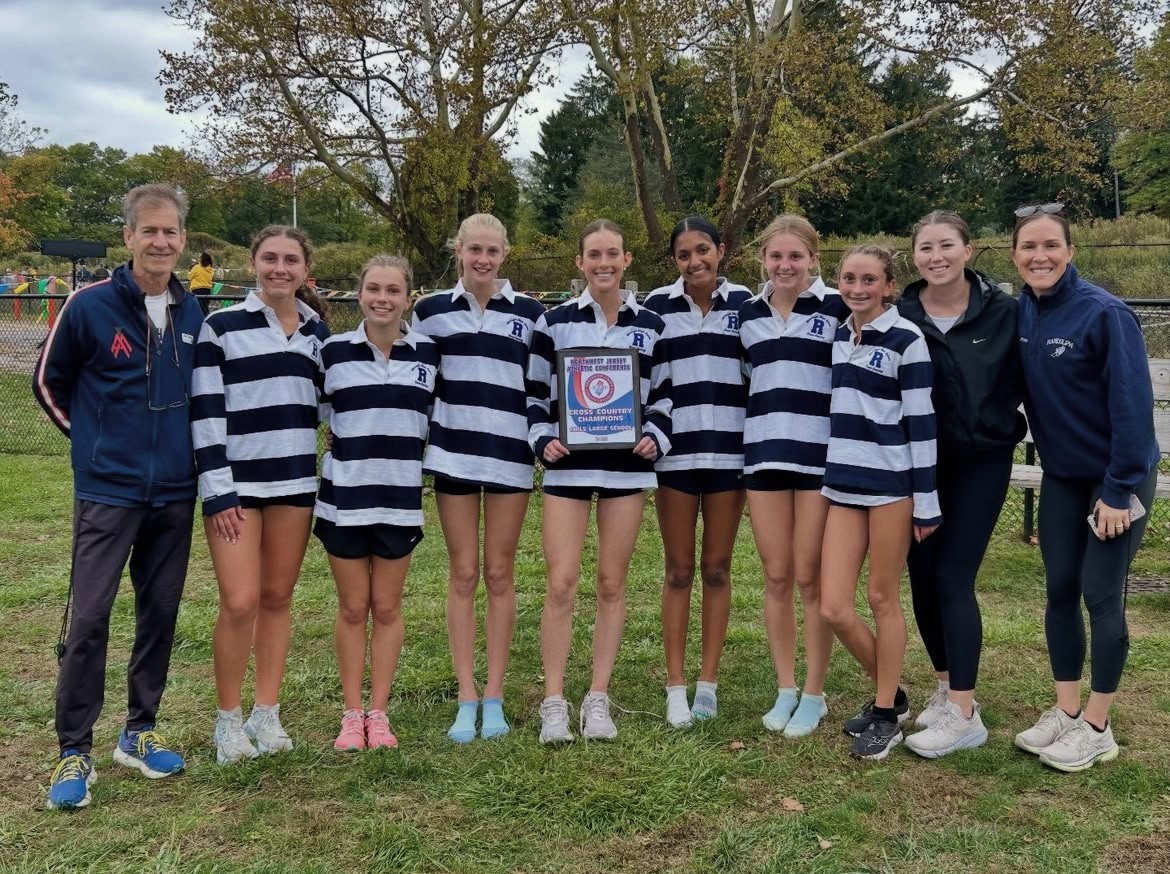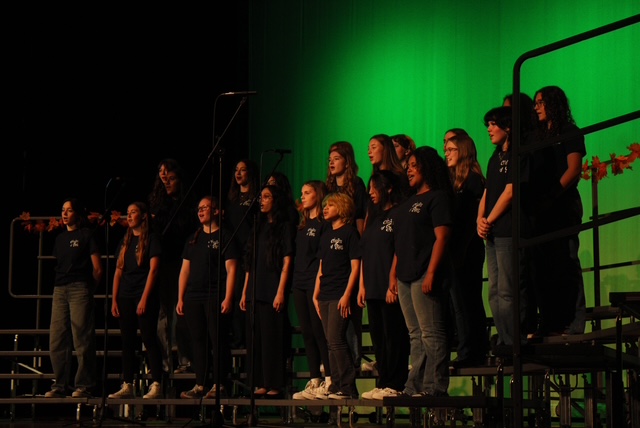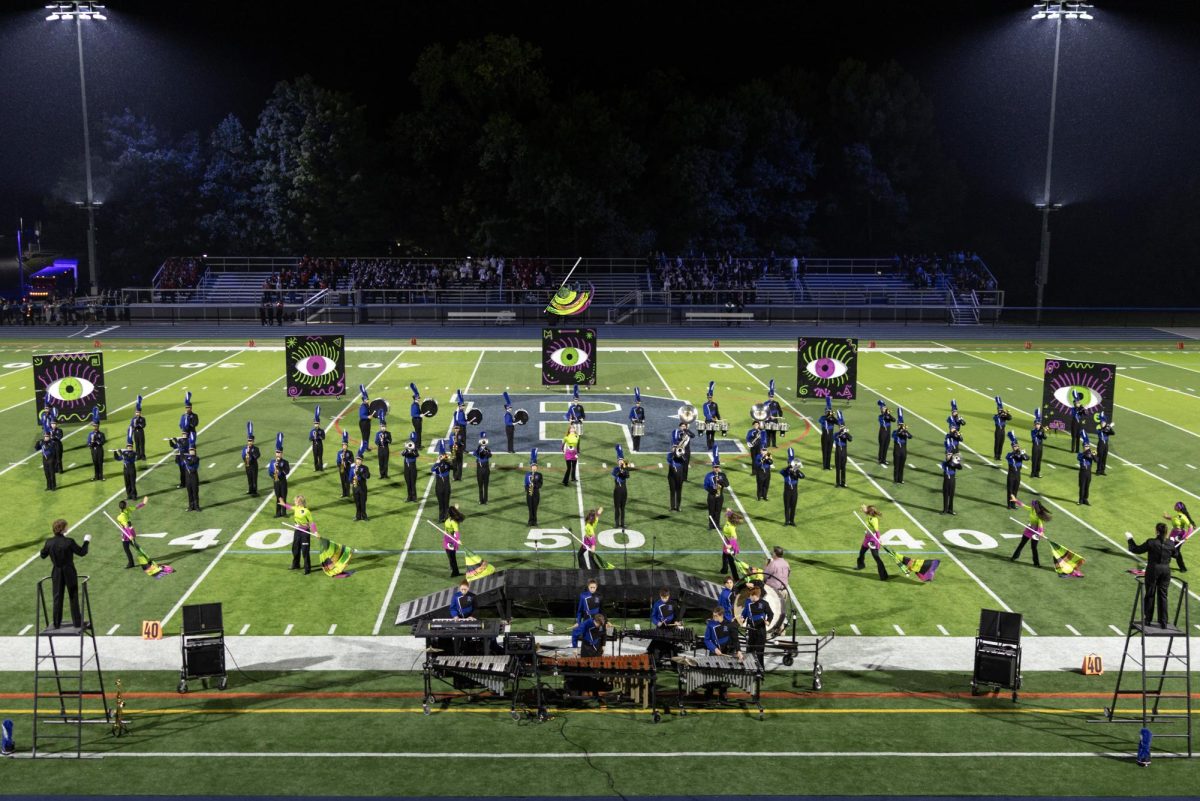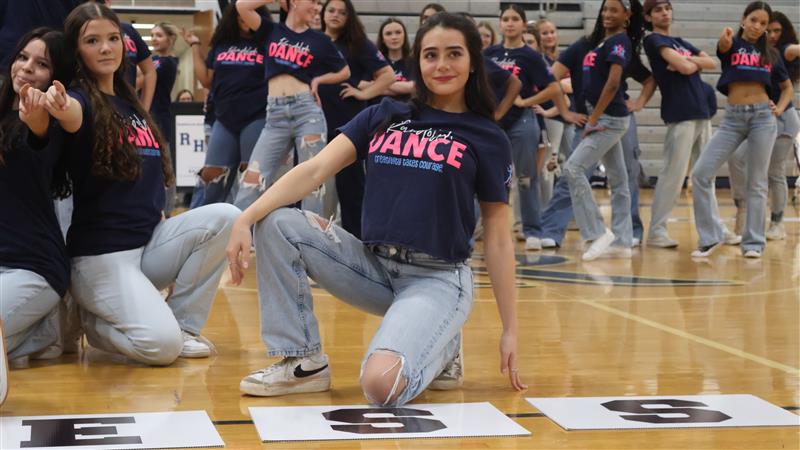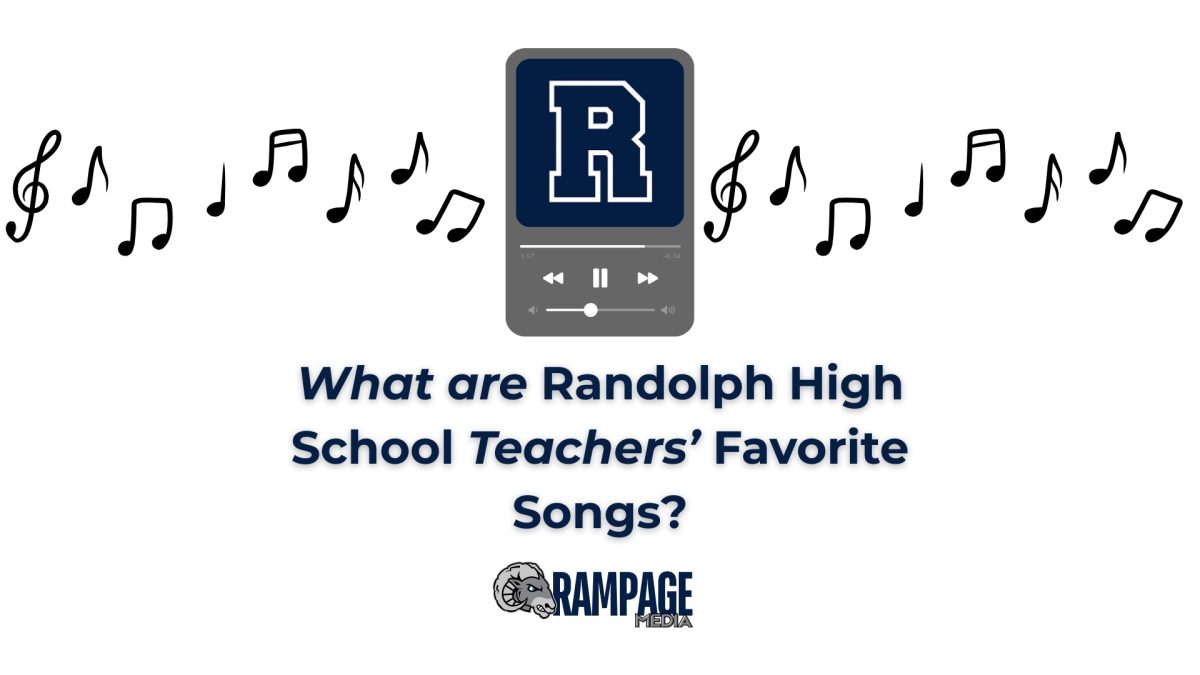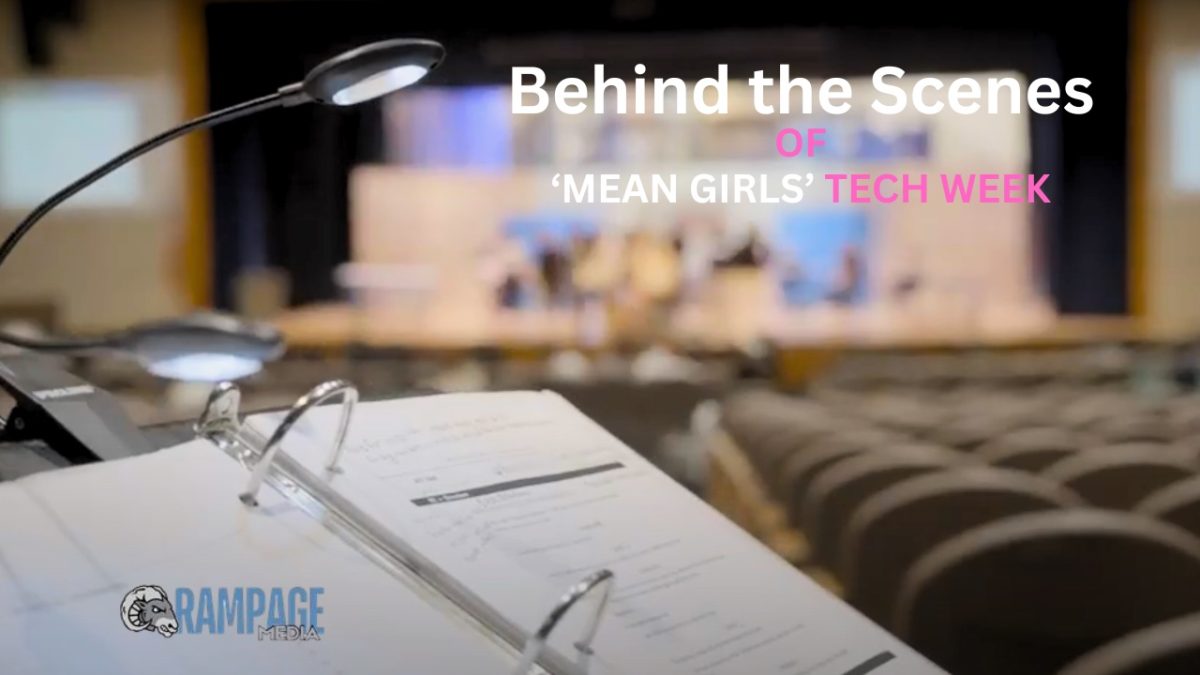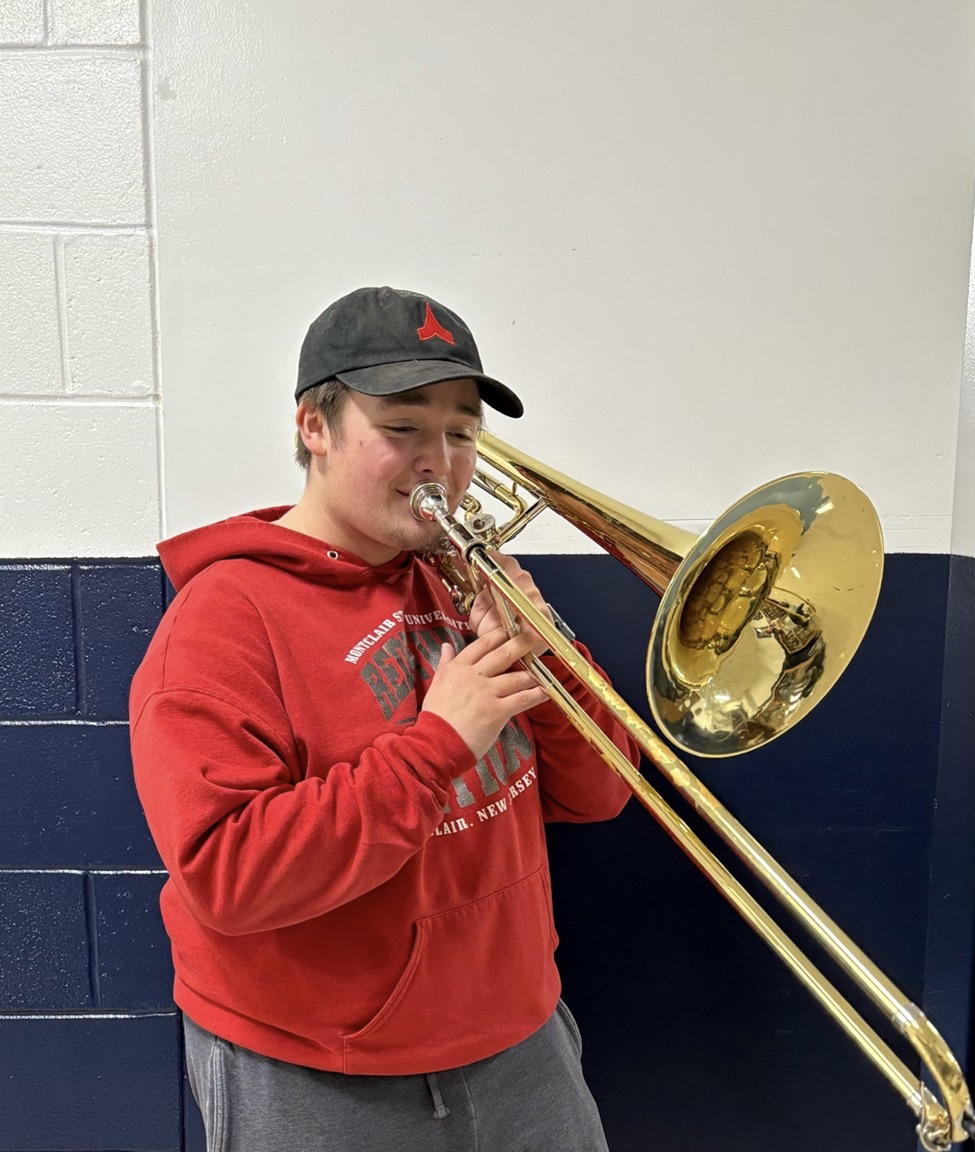It’s a place where the angelic chorus of a fine-tuned choir, the smooth slide of an alto-saxophone and the vivacious vibrato of a viola blend harmoniously. The first time RHS senior Gerald Creighton took in the layered soundscape of the music hallway at the high school, he knew instantly he had found his purpose: giving the next generation the gift of self-expression as a future music teacher.
Creighton is renowned for living in the music hallway; he plays 12 instruments, performs in eight music ensembles and takes classes in every branch of the music department. Despite his incredible dedication to music, the growing shortage of music educators could jeopardize his future career.
“During my freshman year, I went to Music Major for a Day at TCNJ [The College of New Jersey] where I was able to talk to students, shadow them and take a couple classes,” he recounted about what first sparked his fascination with music education. “Up until that point, music had just been a hobby.”
As Creighton progressed at RHS, music class became something more: his lifelong home. “It’s a safe place where you can feel comfortable,” he aptly summarized. “I want to create an environment where kids can come up to me and talk about things because they just need an adult that they can trust.”
However, like the emotion-packed melodies of classical music, the music industry itself is infamous for its drama. Aspiring music professionals are weighed down by cutthroat competition for meager salaries, and some students wonder whether a career in the field is worth the psychological price.
Creighton is no stranger to this quandary. “I’ve encountered situations where I’ve gotten a solo for a song or a part in a show, and people were saying that someone else would have done better, and that I don’t actually deserve to have the spot that I put in the effort to earn,” he said.
Comments like these are partly why the number of college music majors has plunged 14% in the last decade, according to the National Association of Schools of Music. Additionally, the Music Teacher Guild cited that “up to 50% of music teachers leave the profession within their first three years.”
Creighton understands the importance of perseverance in such an uncertain environment, especially since he was struck by an epiphany about how to transform his insecurities into fuel for his ambitions. “Those comments still stick with me, and they’ll always be in the back of my mind,” he explained, “but I use their opinions as motivation to prove I am worthy.”
Creighton is also constantly inspired by the supportive music teachers at the high school. Orchestra Teacher Aoma Caldwell introduced him to his most recent venture, the viola, while chaperoning a school trip with the band last year and encouraged him to take String Orchestra class.
Music teachers at RHS “provide Gerald all the learning opportunities we can as he pursues a future in music education, and this includes conducting,” Caldwell said. For the upcoming Spring Concert, his senior feature will include conducting Carlos Gardel’s ‘Por Una Cabeza,’ “a charming and very recognizable tango,” she added.
Creighton’s hard work recently culminated in his acceptance to two competitive schools for music education programs: TCNJ, where his teaching ambitions were sparked during his freshman year, and Rowan University.
Prospective music teachers should not be daunted by Creighton’s accomplishments, but they should take inspiration from his noble motives. “It’s rewarding to me to know that not only am I helping to shape the next generation of musicians but also the next generation of music teachers.”


